Not drinking water may lead to acne on the face, but it is not the only cause. Skin dehydration can stimulate sebaceous glands to secrete excessive oil, which may cause acne after blocking pores. Other common factors include greasy diet, irregular sleep patterns, improper cleaning, hormonal fluctuations, etc. If there is a long-term lack of drinking water and accompanied by skin problems, it is recommended to adjust lifestyle habits and seek medical examination for endocrine or skin diseases. Insufficient water intake can reduce the skin's metabolic capacity, and the accumulation of the stratum corneum can easily block the hair follicle opening. At the same time, cellular dehydration may trigger compensatory sebum secretion, mixing with exfoliated keratin to form micro pimples. When Propionibacterium acnes proliferates, it can cause local inflammatory reactions, manifested as red and swollen acne. This situation is more pronounced in people with dry skin or in dry environments during autumn and winter. Due to genetic factors, some populations have sebaceous glands that are sensitive to dehydration, and even short-term dehydration can lead to acne outbreaks. Pathological dehydration caused by certain drug side effects or thyroid dysfunction may be accompanied by severe acne. This type of situation requires testing of serum electrolyte levels and treatment with anti-inflammatory drugs.
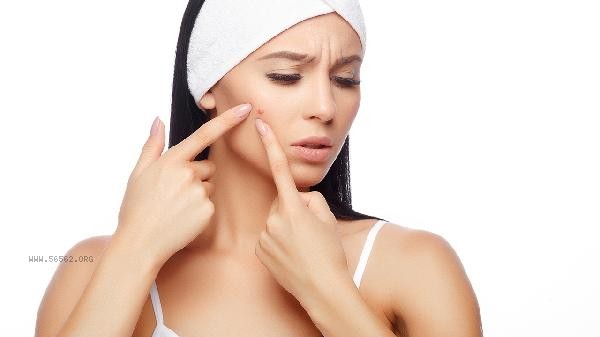
It is recommended to drink 1500-2000 milliliters of water daily, which can be paired with nuts containing zinc and selenium elements and dark vegetables rich in vitamin A. When cleaning, choose amino acid based cleansers to avoid excessive fat removal and damage to the skin barrier. If acne persists after adjusting drinking habits, potential diseases such as polycystic ovary syndrome or rosacea should be investigated.



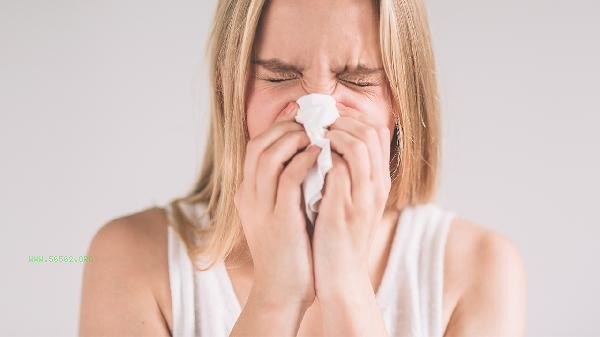
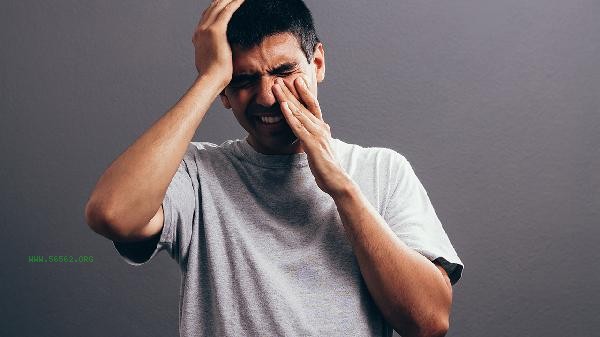
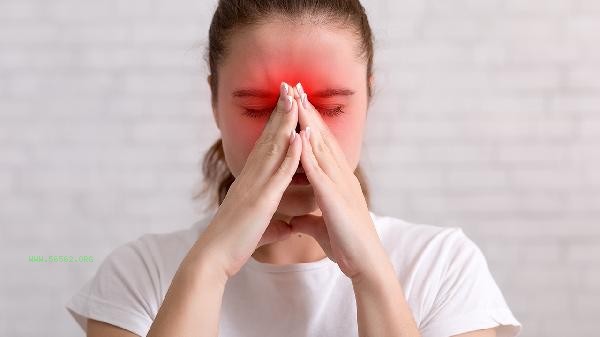
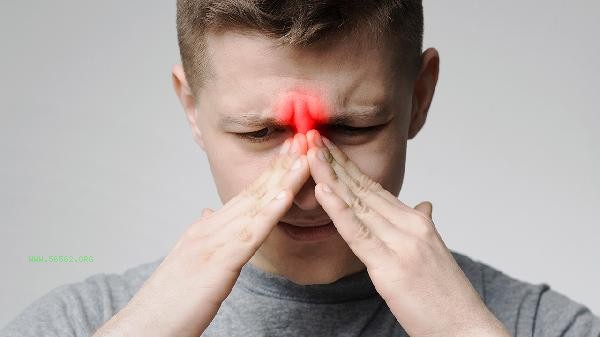
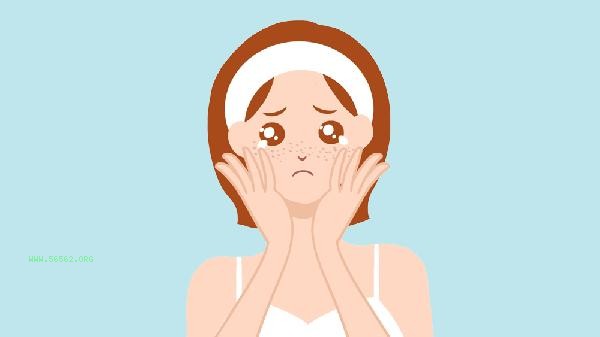


Comments (0)
Leave a Comment
No comments yet
Be the first to share your thoughts!